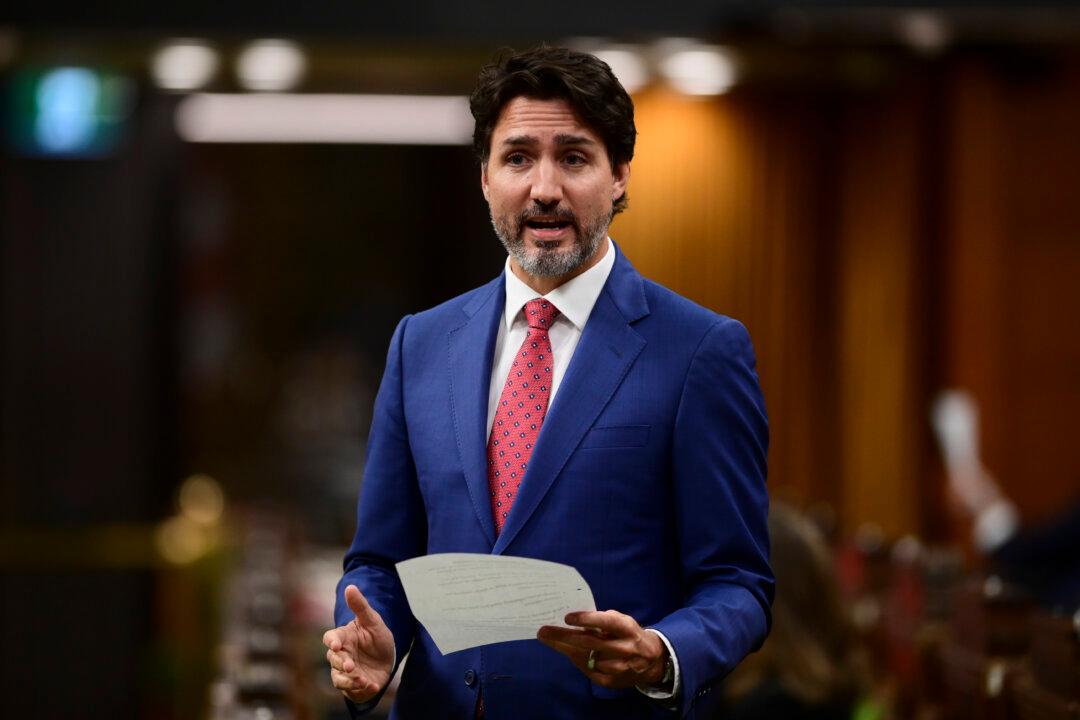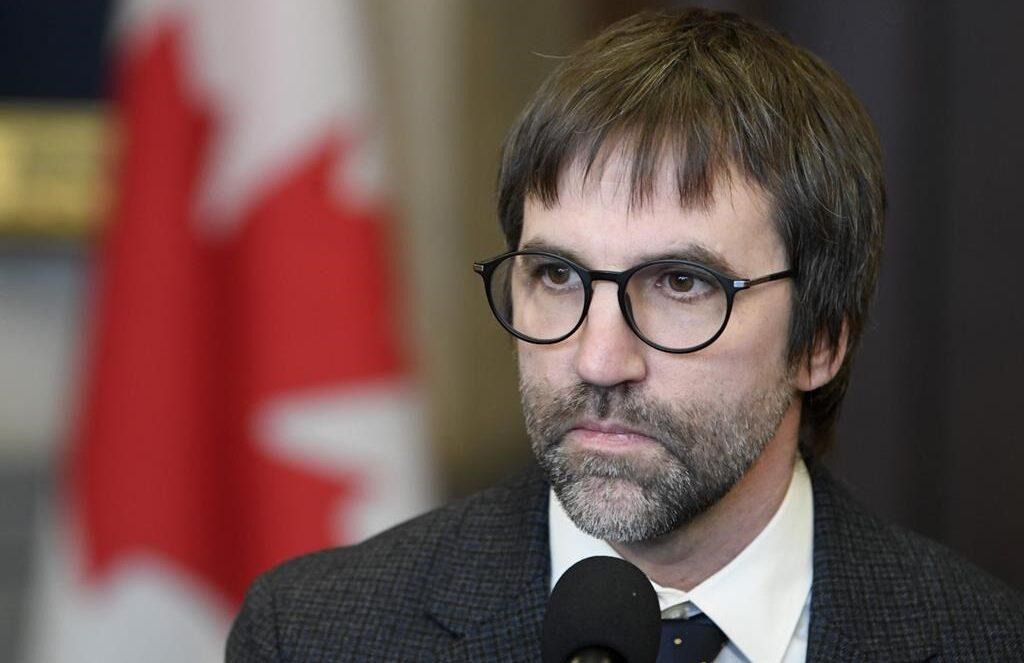The federal government will need to decide within 30 days whether Huawei should be banned from participating in Canada’s 5G networks, as a vote passed in Parliament on Wednesday requiring the Liberals to declare their position on the matter.
The Tories introduced a motion on Nov. 17 that would require the government to make the long-awaited decision on Huawei, while also calling on the government to follow its allies to develop a plan to combat China’s growing foreign interference operations in Canada.





